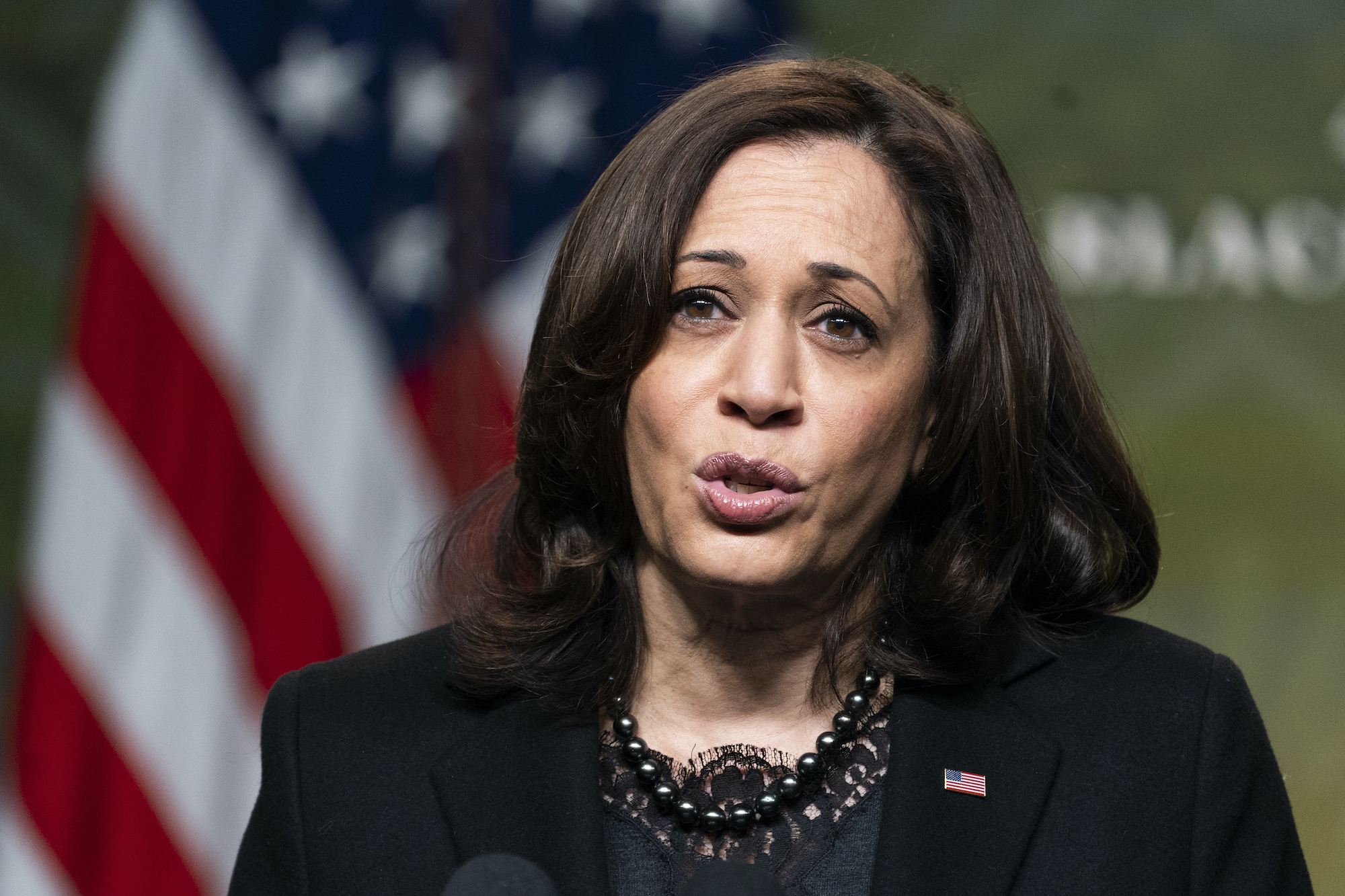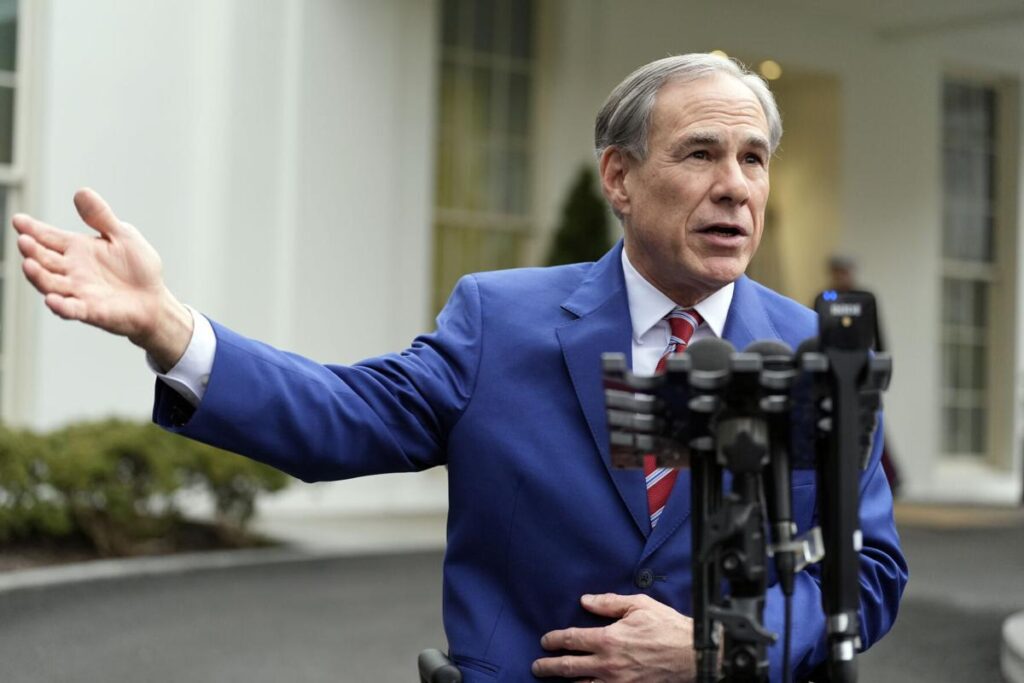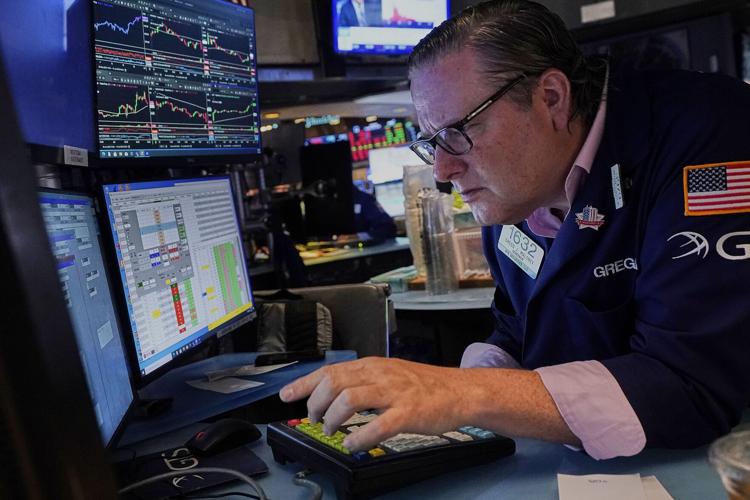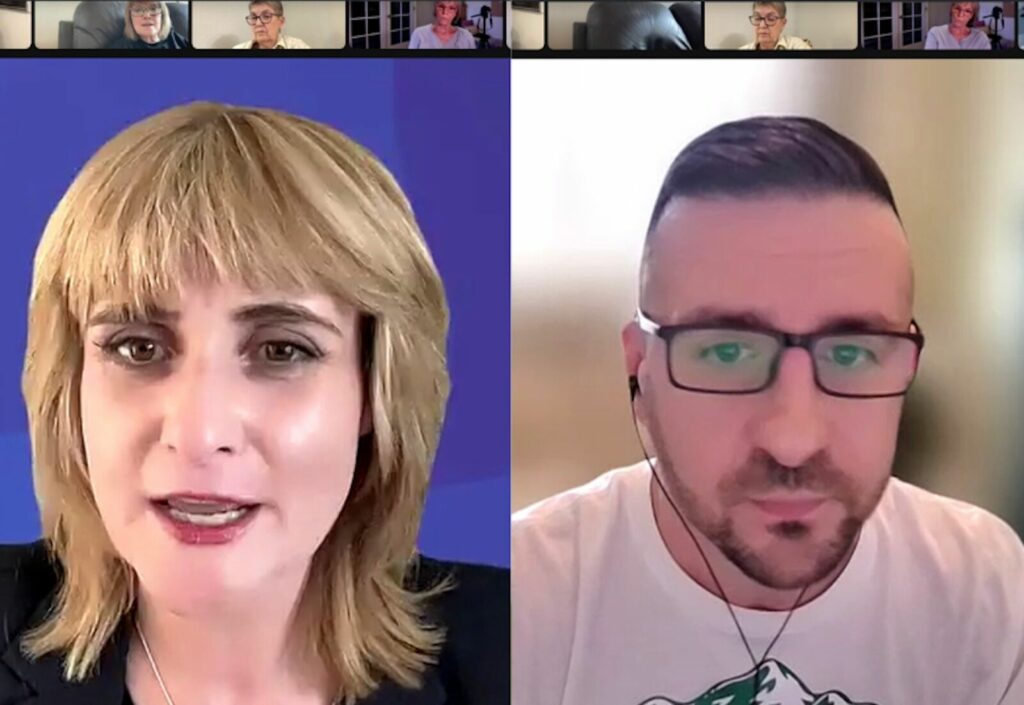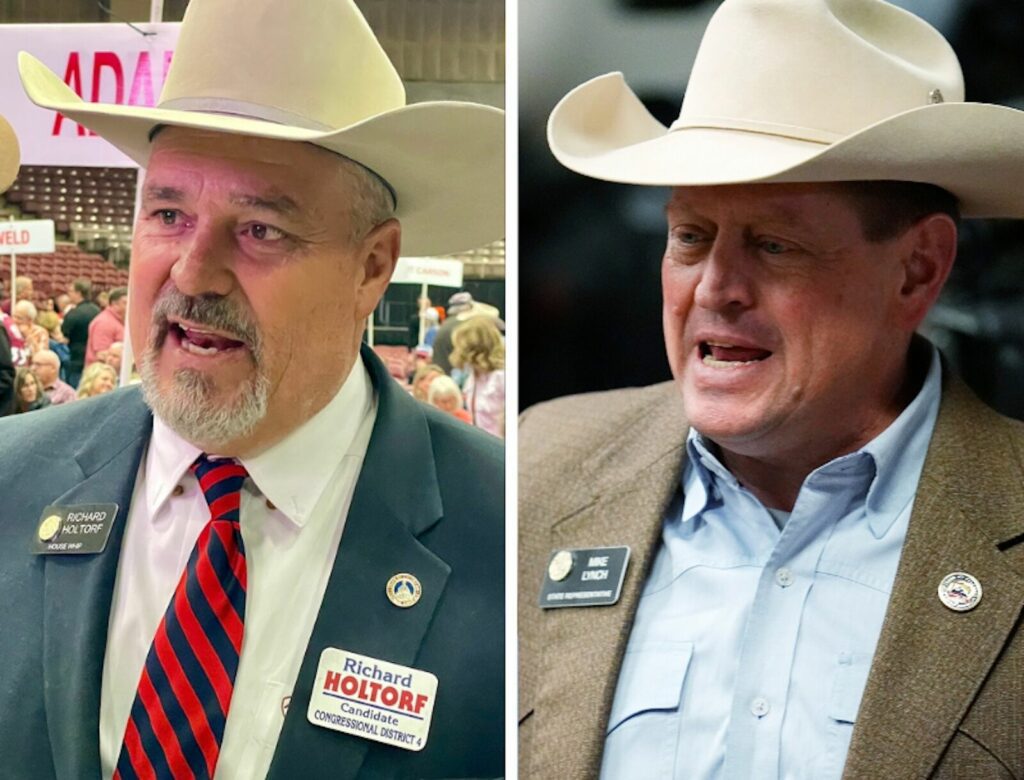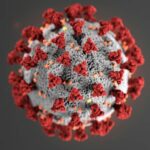Kamala Harris-led Space Council faces challenges from Russia and China
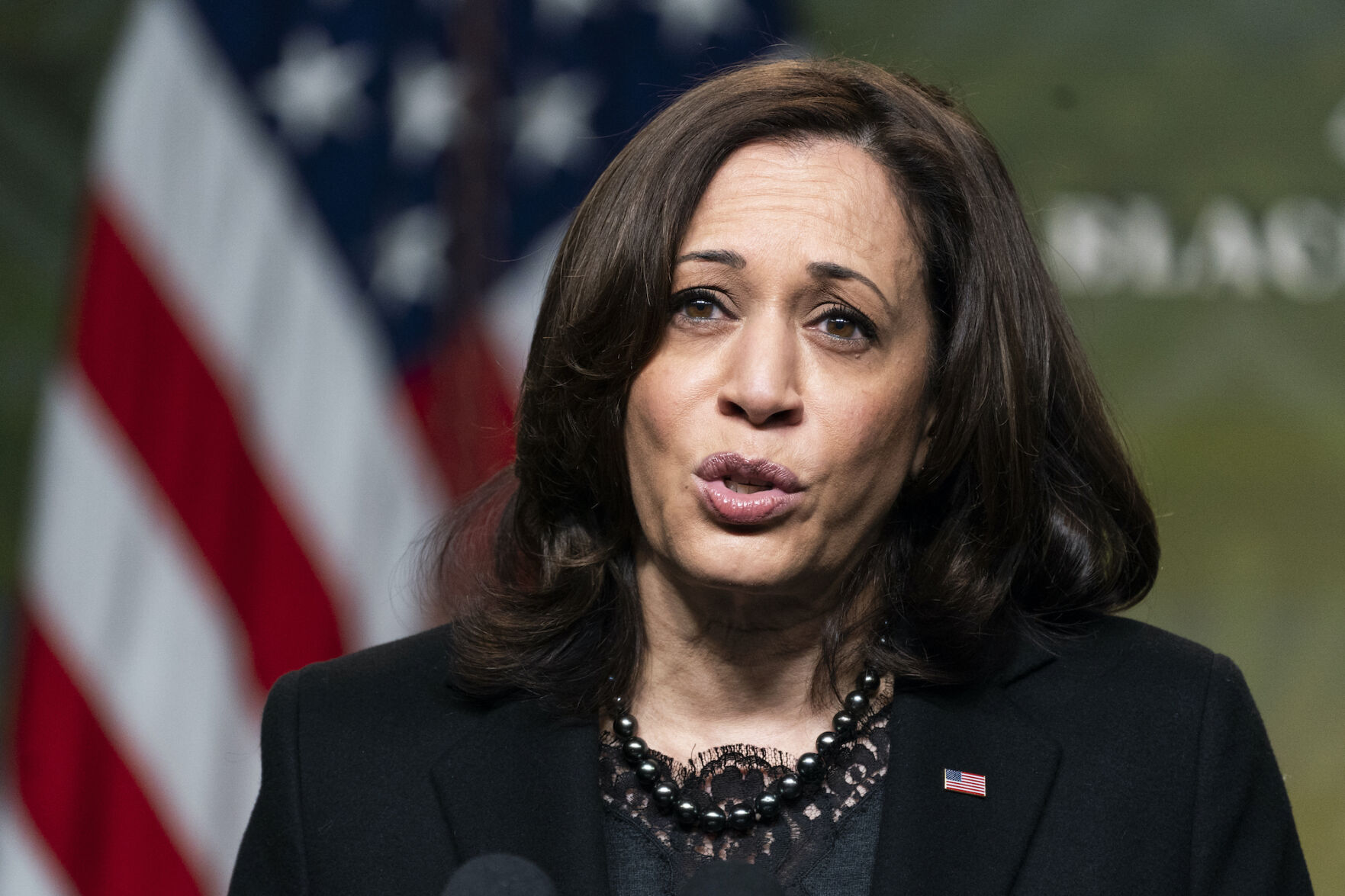
The Biden administration faces national security challenges in space as Vice President Kamala Harris prepares to chair her first Space Council meeting.
Harris said early on that she wanted to emphasize issues such as climate change, cybersecurity, and education while chairing the council, according to Sarah Mineiro, an adjunct senior fellow with the Center for New American Security. “What we’ve seen over the past several weeks is that our strategic competitors, our strategic adversaries, have also gotten a vote on the agenda.”
DEMOCRATS’ 2024 THREE-STEP: BIDEN WON’T BUDGE, HARRIS TWISTS, AND BUTTIGIEG WAITS
That includes recent actions in space by Russia and China, including Moscow’s “dangerous and irresponsible” missile test, which forced the International Space Station crew into hiding amid a debris blast last month.
Meanwhile, a hypersonic weapon test carried out by Beijing last summer employed capabilities that no other country has demonstrated, the Financial Times reported.
Gen. Mark Milley, chairman of the joint chiefs of staff, stopped short of calling China’s nuclear-capable hypersonic missile a “Sputnik moment,” but, speaking to Bloomberg Television, said it came close.
The degree to which Harris and the council’s members address these issues will be closely watched.
“While the administration, and particularly Vice President Harris, had intended for this first National Space Council meeting to emphasize the things that were more aligned with her agenda, our strategic adversaries have forced space in [the administration’s] agenda for defense and security considerations,” said Mineiro, a former staff director of the House Armed Services strategic forces subcommittee. “It’ll be interesting to see how that gets balanced.”
Harris previewed the agenda earlier this month, noting that the council intended to “outline a comprehensive framework for our nation’s space priorities, from our civilian efforts … to our military and national security efforts to STEM education and the emerging space economy.”
She added, “I’m really looking forward to that.”
The National Security Council took on the role of issuing “national security memorandums,” replacing the Space Council’s directives under the Trump administration. The Office of Science and Technology Policy director was elevated to a Cabinet-level position and part of the National Security Council. Some speculated that these changes suggested that the council would be discontinued.
“There was a lot of worry and skepticism that it was going to be disbanded or otherwise deprioritized in the administration. And, thankfully, that has not come to pass,” Mineiro said.
A former Trump administration official said that the council had so far followed the path charted by former Vice President Mike Pence, under whom the body met eight times, garnering praise from industry and government leaders.
Scott Pace, the Trump administration’s National Space Council’s executive secretary between 2017 and 2020, told the Washington Examiner that he sees continuity with the council’s work on returning astronauts to the moon through the Artemis lunar exploration program and in promoting commercial industry.
The approach was viewed positively by foreign officials, said Pace, now the director of the Space Policy Institute at the George Washington University Elliott School of International Affairs. “They found it impressive to see very senior members of the Cabinet talking about space and talking knowledgeably … and not just something that was limited to technical people.”
One likely change will be an updated presidential order, with the Biden administration adding new representatives from agencies the administration hopes to involve, such as the departments of Education or Labor.
Having spent just a few years in Washington before taking office, Harris’s Space Council leadership could help burnish her national security credentials and boost her interagency relationships, as well as bolster the vice president’s ties to foreign leaders.
“There’s a real role for the vice president to make positive statements about the role of international partners and allies, about the need for technical standards for space sustainability, for the need for increased transparency in the space domain. Especially in the light of these two test events from both Russia and China,” Mineiro said.
“To not acknowledge them would be a huge missed opportunity, which is, again, going to be a delicate balancing act because that is not necessarily where [Harris] wanted the emphasis for this first inaugural Space Council meeting,” Mineiro added, with the caveat that she “would not anticipate that they get too hot and heavy into that.”
Harris recently announced a plan for deeper space cooperation with France, focused on several climate priorities.
“We committed to an initial emphasis on expanding cooperation to address the climate crisis, including discussions about enhancing the exchange of Earth observation satellite data and joint analysis of climate change risks,” Harris outlined in a fact-sheet statement after meeting with French President Emmanuel Macron earlier this month.
Competition with China has complicated Washington’s relationship with Paris in recent months, prompting a rift over nuclear-powered submarines that Washington agreed to provide to Australia and disagreements over Chinese 5G technology.
Harris’s other major assignments have been fraught.
Soon after taking office, President Joe Biden tasked Harris with slowing Northern triangle migration – which he had overseen while vice president under former President Barack Obama. But migration across the southern U.S. border surged after the Biden administration took office, lending a caustic political dynamic to the assignment. Coupled with messaging difficulties, which included Harris’s staff asserting that migration issues along the U.S. border and inside the United States were not part of the assignment, contributed to what one political operative called a “political hand grenade.”
Harris has also made voting rights a priority. However, efforts have largely taken a backseat to Biden’s sweeping spending bills, and supporters remain eager for her to take on a more public role as scrutiny mounts over the president’s advanced age.
National security experts are hoping that Harris’s leadership atop the Space Council will help secure a cohesive strategy.
“What you’ll hopefully see with Vice President Harris’s agenda is that there’s a real recognition that we are at our best as a nation when we support our industry and ingenuity. And that has to come down from the highest levels of the U.S. government,” Mineiro said. Pence, for his part, brought to the role “a real personal interest in space and space security issues from his service in the House and his committee assignments when he was a member of Congress.”
CLICK HERE TO READ MORE FROM THE WASHINGTON EXAMINER
She added, “The importance of having the vice president share the National Space Council is that you get that continuity through the entire U.S. government.”
Pace said it was too early to predict Harris’s tenure on the council will play out but that she could succeed “if she’s able to connect and speak with” Democrats and others about the issues at stake, including “why space is important to the country for economic growth and creating opportunities.”
Original Location: Kamala Harris-led Space Council faces challenges from Russia and China
Washington Examiner Videos
